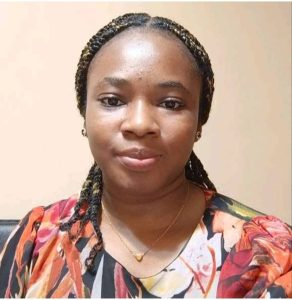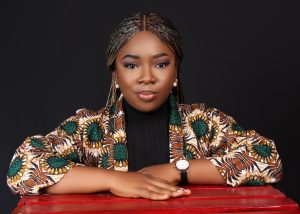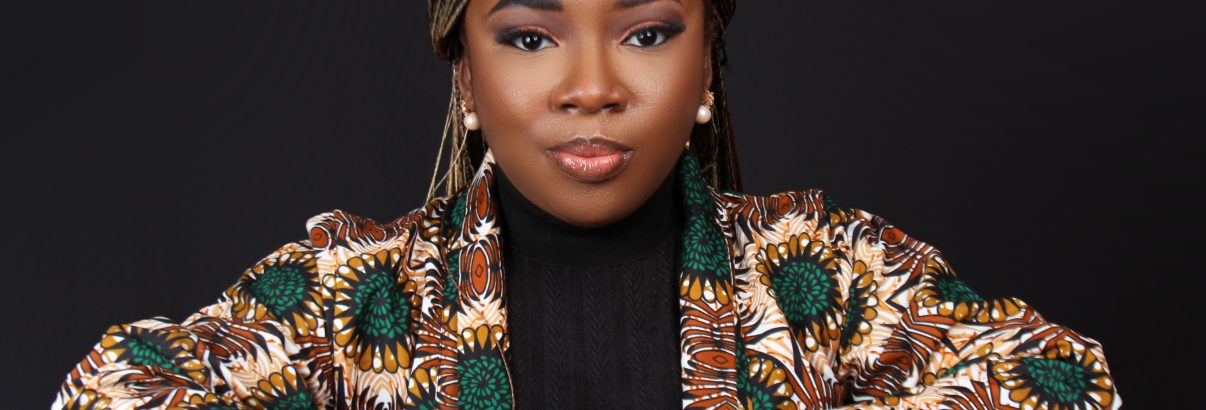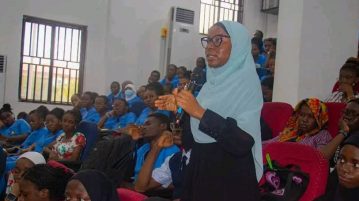Residency training is an important part of the medical career pathway…
Still on the trail of speaking with resident doctors in Nigeria, towards providing insights into the current state of residency for other colleagues and dispelling misconceptions surrounding this pathway, we interviewed Dr. Vivian Anyanwu, a family medicine resident based in Lagos State.
Interviewer: Medical Mirror (MM) Correspondent, Mary O. A. Awoniyi
MM: Can you briefly introduce yourself?
My name is Vivian Anyanwu, a Senior Registrar in the Department of Family Medicine. Federal Medical Centre, Ebute-Meta (FMCEB) and I started residency in 2022.
MM: What motivated you to pursue a residency program in Nigeria?
I opted to pursue a residency training program in Nigeria after careful consideration of my options. Financial constraints made pursuing training abroad immediately challenging. Instead, I chose to utilize this opportunity to prepare for potential future training abroad while advancing my career in Nigeria.
MM: Interesting. So, how did you come to choose the specialty you are training in?
My interest in Family Medicine was sparked during my undergraduate posting in the Department of Family Medicine at Lagos University Teaching Hospital (LUTH). The residents’ positive demeanour and professionalism impressed me.
MM: Nice. Since commencing your specialty training, what has been the highlights of your experience so far?
Key highlights of my experience include successfully conducting my first procedures – caesarean sections and amputations, delivering brilliant presentations, gaining insight into family medicine principles, observing patient recovery, and interacting with diverse patients.

MM: Wow. Interesting to know that as a family medicine physician, you conduct procedures such as caesarean sections and amputations. So, do you do these singlehandedly or with specialists, and what determines the types of procedures you can or can’t do?
Yes. In my junior residency, I did procedures like caesarean sections and amputations under specialist supervision, which was great hands-on learning. To stay sharp, I need to keep practicing, and I’m excited for my senior residency to do more. In family medicine, I can handle simpler procedures like stitching wounds, surgical removal of lipoma, breast lump removal, appendectomy, draining abscesses, joint injections, exchange blood transfusion (EBT) and conducting spontaneous or assisted vaginal deliveries. For big procedures like C-sections or amputations, I usually work with specialists like obstetricians or surgeons, depending on the hospital and my experience. I’m looking forward to repeating rotations in senior training to boost my skills and grow as family doctor
MM: Quite insightful. What are some of the current challenges encountered during residency training, and how do you think these can be managed by residents?
In my opinion, exams aren’t the only hurdle in residency. The training itself can be chaotic, with limited resources, crazy workloads, and not enough supervision. Admin tasks and funding issues can also slow things down. To thrive, residents should focus on being proactive about their training, finding mentors and support from colleagues, taking charge of their own learning, managing their time wisely, and staying flexible and resilient. It’s tough, but the payoff is worth it.
Examinations for the West African College of Physicians (WACP) membership and fellowship are paid for in dollars. The membership qualifications fee is about 1 million naira, asides other expenses for updates, revision courses, and so on.
MM: How do you balance the demands of residency training with personal life and what self-care practices do you prioritize?
To balance the demands of residency training with my personal life, I prioritize my responsibilities and manage my time carefully. I make sure to take breaks when I need them, whether it’s a short walk, a moment of peace, or simply stepping away from the hospital environment for a while. I focus on rest and relaxation to help me recharge and stay motivated. While I don’t usually talk much to friends about stress, I find that taking time for myself and honouring my own limits is what helps me keep going and perform at my best.
MM: How do you see the future of specialty training in Nigeria evolving, and in what way can young doctors be well positioned for it?
I believe residency training in Nigeria is really at a pivotal point. It’s gradually becoming more structured — for instance, in my faculty of Family Medicine, we’re already seeing changes like shorter posting durations and a shift toward online, module-based learning. There’s also a clear move toward sub-specialization, which means young doctors need to start thinking ahead about their areas of interest.
More than ever, it’s important for us to become tech-savvy, emotionally intelligent, and globally informed — not just for exams, but to stay relevant in the evolving healthcare landscape.
MM: If you could go back in time, would you still make the same decision in terms of specialty, starting and choosing a training centre?
I’d definitely choose the same specialty because family medicine opens the door to so many opportunities. As for the decision to start training, that would honestly depend on what the circumstances were, back then. On the choice of centre, I think I might have opted for a different experience in other training centre, especially one that is more academic-oriented.
MM: Really? Such irony of life! Because one of our resident interviewees actually mentioned that she’d have loved to have her training in FMCEB specifically…
It’s quite ironic, isn’t it? To be honest, FMCEB is an excellent centre – please don’t misunderstand me. Albeit, an academic centre would help to practice and teach medical students, supporting its goals, enhancing outcomes, and boosting teaching capabilities as a facility, which particularly appeals to me for the deeper engagement with medical education and research opportunities. However, teaching skills are certainly not absent at my facility, as I have the opportunity to teach. Currently, I serve as the Academic Coordinator in my department, and I’m truly grateful for the exceptional teachers and mentors who enrich my experience here.
“The grass sometimes appears greener on the other side, but it’s never really perfect anywhere. Every centre has its pros and cons; count the cost wisely and choose what is best for you and your goals. For instance, teaching hospitals are more academic-oriented, compared to federal medical centres that are service-oriented – which is good for their different set targets and outcomes as training institutions and healthcare facilities” ~ MM
MM: On a scale of 1-10, can you rate your residency experience?
It’s hard to fully rate my experience so far, but I’d give it a 6 out of 10. One thing I’m especially grateful for is that, it’s been free of the “bullying from senior colleagues” that we were all so worried about at the start.
MM: What advice would you then give to junior residents who are just starting their programs?
To young residents just starting out, I’d say: focus on building as many clinical skills as you can — the more hands-on you are, the better. Get comfortable with tech, because whether we like it or not, it’s reshaping the future of medicine. Be open to the rigors of training; it’s tough now, but you’ll be glad you pushed through when you become a senior.
Find mentors early, start signing off your postings as soon as possible, and stay research-savvy — it’ll open doors you didn’t expect.
MM: Likewise, what message would you like to convey to potential applicants who may be hesitant or unsure about pursuing a residency program?
To anyone unsure about applying, my advice is simple: just start. Residency gives you structure and progression, even while you’re working on other plans like going abroad. It’s better than staying stuck — you’ll gain experience, confidence, and clarity along the way.
MM: Thank you for chatting with us, it was quite insightful!





